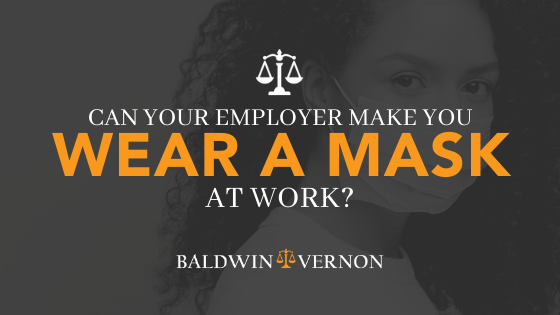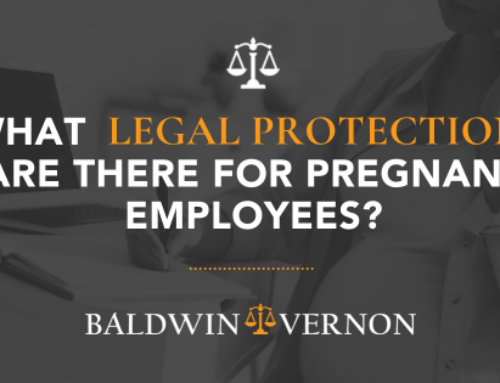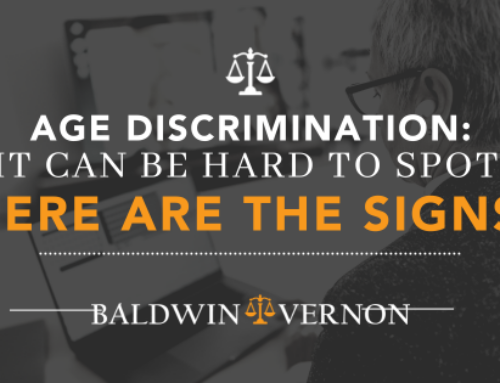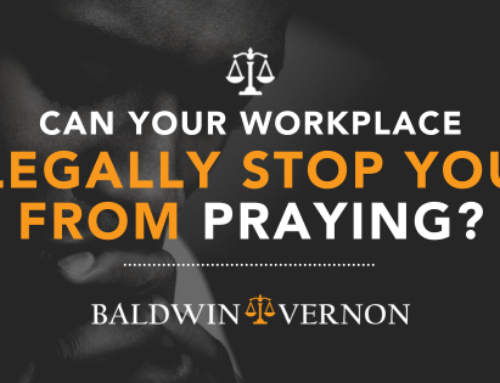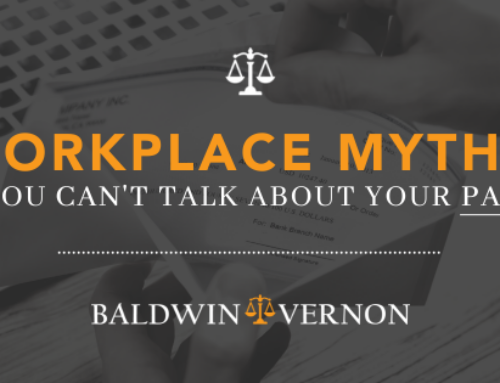While some workplaces have continued to do their essential business, others have remained completely closed, and some continue to work on a fully remote basis. With stay-at-home orders being lifted, many organizations are beginning to open their doors to the public for the first time, so what does that mean for business and how does that affect employees? Here are some things you should know about your rights at the workplace, while we continue to fight the Covid-19 pandemic together.
Employers can require employees to wear PPE
During a pandemic, employees can be required to wear PPE at work such as masks, gowns, or gloves that are designed to protect employees from a Covid-19 infection. In addition, an employee with a disability should be provided reasonable accommodation, such as non-latex gloves, if necessary.
Employers can ask coronavirus-related questions
It is legal for an employer to ask employees that physically enter the workplace if they:
- have Covid-19,
- have been tested for Covid-19, or
- are experiencing symptoms of Covid-19.
Employers can check employees’ temperatures
It is not against the law for an employer to check the temperature of an employee who enters the workplace. If the employee refuses, the employer has the right to deny entrance to the employee or ask the employee to leave.
Employers cannot exclude at-risk employees
If you are pregnant, have a pre-existing medical condition, or at an age where you are considered at high-risk for Covid-19, that does not give your employer the right to exclude you in any way at the workplace.
Employers can send employees home who exhibit symptoms
According to the EEOC, an employer can ask an employee to leave the company premises if they are showing symptoms of Covid-19, in order to protect the people at their company.
Employers cannot reveal medical information to others
If an employee is teleworking due to a Covid-19 symptom or was tested with a high fever when trying to enter the workplace, it is unlawful for that information to be spread to other employees, if the employee does not give consent. This medical information is still subject to confidentiality clauses.
Employers can ask about travel plans
An employer does not have to wait for symptoms to appear after a trip in order to question an employee about their vacation. Even if it was a personal trip, your employer can still ask if you traveled to areas that are deemed coronavirus hotspots.
Employers can require infection-control practices from employees
During a pandemic, an employer can require its employees to abide by certain protocols such as handwashing, coughing and sneezing etiquette, and proper tissue usage and disposal.
While it’s a turbulent time to be working, the laws remain in place against workplace harassment and discrimination. If you feel that you are being treated unfairly or that your employer is breaking the law, call Baldwin & Vernon at (816) 842-1102.


